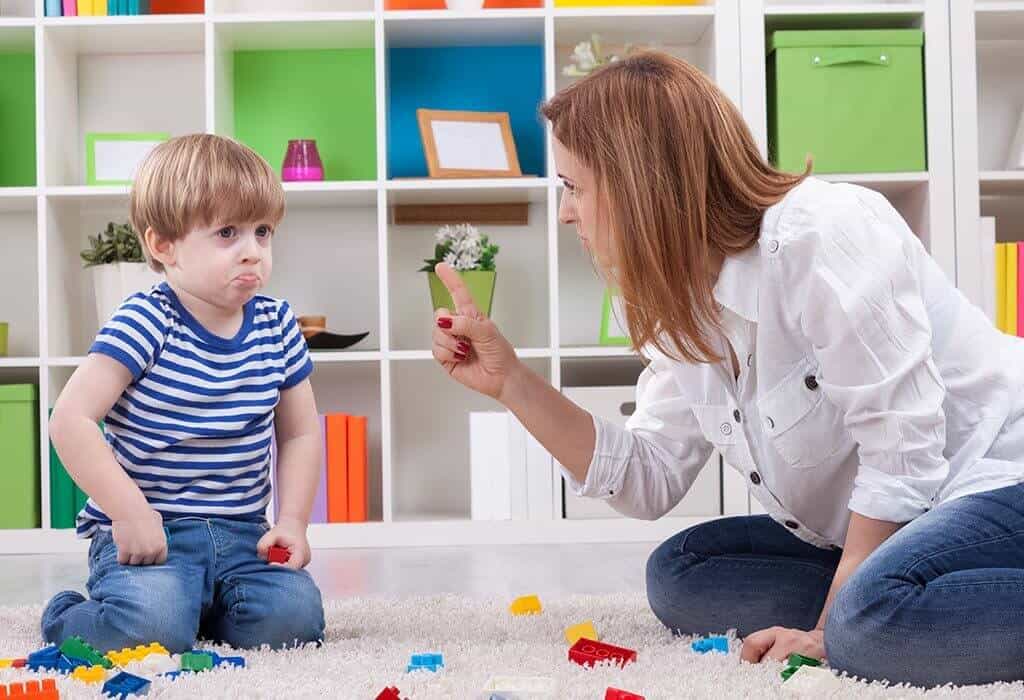When we talk about parenting, we talk about raising a child. However, we should be talking about the process of raising a child.
Parenting and child development are two of the most debated topics in the world. Numerous researches, panel discussions, interviews, and psychological evaluations were conducted in the last 70 years to assess different kinds of parenting. All of these were conducted to find out the best among different types of parenting styles. Although there isn’t a perfect rule of raising a child, there are different styles of parenting that we can adopt.
Baumrind 4 Parenting Style
Baumrind 4 Parenting Style was first introduced by Diana Blumberg Baumrind in 1966. She was a clinical and developmental psychologist known for her research on different parenting styles. She was a developmental psychologist at the Institute of Human Development in Berkley and was popularly known for her research on parenting styles which later became the stepping-stone for modern psychologists and child development experts.
Baumrind’s parenting style originally contained only three types of parenting styles namely authoritative parenting, authoritarian parenting, and permissive parenting, with the addition of uninvolved parenting later. Baumrind defined the three original parenting styles as such
• Authoritarian (Too hard)
• Permissive (Too soft)
• Authoritative (Just right)
These four types of parenting styles are popularly recognized by parents, institutions, and child development experts.
What are the 4 types of parenting styles?
The 4 types of parenting styles or 4 parenting styles chart defined by Baumrind are as follows
1. Authoritative Parenting

Authoritative parenting is always characterized by two significant factors namely high responsiveness and high demands. Authoritative parents are highly responsive to their child’s emotional, social, physical, and intellectual needs, which is equated by high demands that keep the development of the child in check by setting high standards every time.
Baumrind describes it as such;
The authoritative parent attempts to direct the child’s activities but in a rational, issue-oriented manner.
This parenting style became popular among many different child development experts and psychologists after studying the results of different parenting styles. It is only after witnessing the proven results they recognized that authoritative parenting is the best among the four Baumrind parenting style.
Attachment parenting is similar to authoritative parenting. This style also focuses on the high responsiveness and expectations of parents for their children. The concept of attachment parenting was first introduced in 1985 by the Sears couples, American pediatrics.
Characteristics of Authoritative parenting
- Parents set disciplinary rules and the reasons behind them are clearly explained to the child.
- The communication between the parents and the children is always kept open.
- Parents ensure that they provide an optimal and unhindered developmental environment to their children.
- Parents expect and set high goals for the children, along with providing necessary assistance to achieve those goals.
2. Authoritarian Parenting

Authoritarian parenting is also known as the strictest style of parenting. It is often characterized by high demands and low responsiveness to the parents. The parents and child development experts criticize this type of parenting for its lack of communication in the relationship.
Baumrind defines it as such;
The authoritarian parent attempts to shape, control, and evaluate the behavior and attitudes of the child in accordance with a set standard of conduct, usually an absolute standard, theologically motivated and formulated by a higher authority.
The parents often place huge demands from children such as academic success, taking place in the sports, and participation in extracurricular activities.
Unlike authoritative parenting, the parents do not facilitate high responsiveness such as communication, moral and intellectual support, and social and economic assistance to help children to achieve their goals.
This parenting term comes from the common sociopolitical word “Authoritarian” which means enforcing strict obedience to authority at the expense of personal freedom of choice.
The characteristics of Authoritarian parenting include:
- The parents practice a strict disciplinary measure where punishment is frequent including negative disciplining practices.
- The to and fro communication between parents and children is minimal. Communication is mostly one way, generally from parents to children.
- Such a parenting environment is often described by child development experts as less nurturing atmosphere for rearing a child.
- The parents often exercise high demands from their children while offering limited or no resources.
- Child development experts suggest that the children brought up in an authoritarian parenting style later become distant from their parents.
3. Permissive Parenting

The concept of permissive parenting is often described by low expectations and high responsiveness practiced by the parents. The children brought up in the permissive parenting style often find themselves lacking in self-esteem and confidence.
The parents keep their children protected all the time. They also demand less which in turn makes it difficult for the children to evaluate their decisions.
Baumrind in her own words described it as such;
The permissive parent attempts to behave in a nonpunitive, acceptant, and affirmative manner towards the child’s impulses, desires, and actions.
Although this kind of parenting isn’t entirely considered wrong, it can promote a culture where the children aren’t held liable for their misdemeanors.
The characteristics of permissive parenting include:
- Parents exercise a positive disciplining style. The children enjoy limited or no rules.
- Communication is strong and goes both ways but the parents often let their children decide for themselves.
- These kinds of parents put themselves in the high pedestal for their constant love, support, and protection to their children.
- The expectations or demands set by parents from their children are minimal.
One best example of permissive parenting is from the popular Hollywood movie “Meet the Fockers (2004),” where the Focker couples practice high responsiveness with minimal or no demands made to their child at any point in time.
4. Uninvolved Parenting

Uninvolved parenting is when there are low expectations and low responsiveness from parents toward their children. In an uninvolved parenting style, the parents often stay out of their children’s life.
They fail to practice communication along with offering less or no moral and intellectual support. The experts define it as the lack of responsiveness to their child’s emotional, physical, and mental needs.
Alike permissive parenting, the uninvolved parents keep no expectations from their children which may lead to low self-esteem and confidence in children.
The characteristics of uninvolved parenting include:
- In such an environment, children exercise full freedom. A child would eat whatever they like and watch any kind of television show.
- No particular discipline style is ever utilized. This will motivate them to become unaccountable for their misdemeanors.
- Communication is often practiced but limited.
- The children may lack a nurturing environment with few or no expectations.
4 types of parenting styles and their effects on kids
Parenting style plays a big role in how a child develops into an adult. Moreover, it has important implications for their future success. The excellence in academics, sports, debate, and tests along with positive relationships with peers and teachers are always determined by the environment they grow up in.
With the right kind of parenting: open communication, high responsiveness, high expectations, and positive disciplining, a child is more likely to stay happy and confident.
Many child development experts strongly advise the parents to adopt an authoritative parenting style because the years of the study concluded that authoritative parenting is the best way of raising a child. They believe, it is the best style of parenting to produce the best outcomes in children.
Authoritative parents are often congratulated for their perseverance and patience. It’s a difficult task to be there for the children while ensuring to provide emotional understanding, emotion regulation skills, and social understanding. Ensuring that the child develops a self-assessing behavior takes years of parenting skills.
They often combine warmth, rational, reasonable as more effective reinforcing agents. Children often thrive in such an environment because they will always strive to meet their parents’ expectations. Even when parents disapprove of something, the child is less likely to retaliate in an offensive or physical manner.
Authoritative parents only make demands that fit with their children’s ability to take responsibility for their own behavior.
